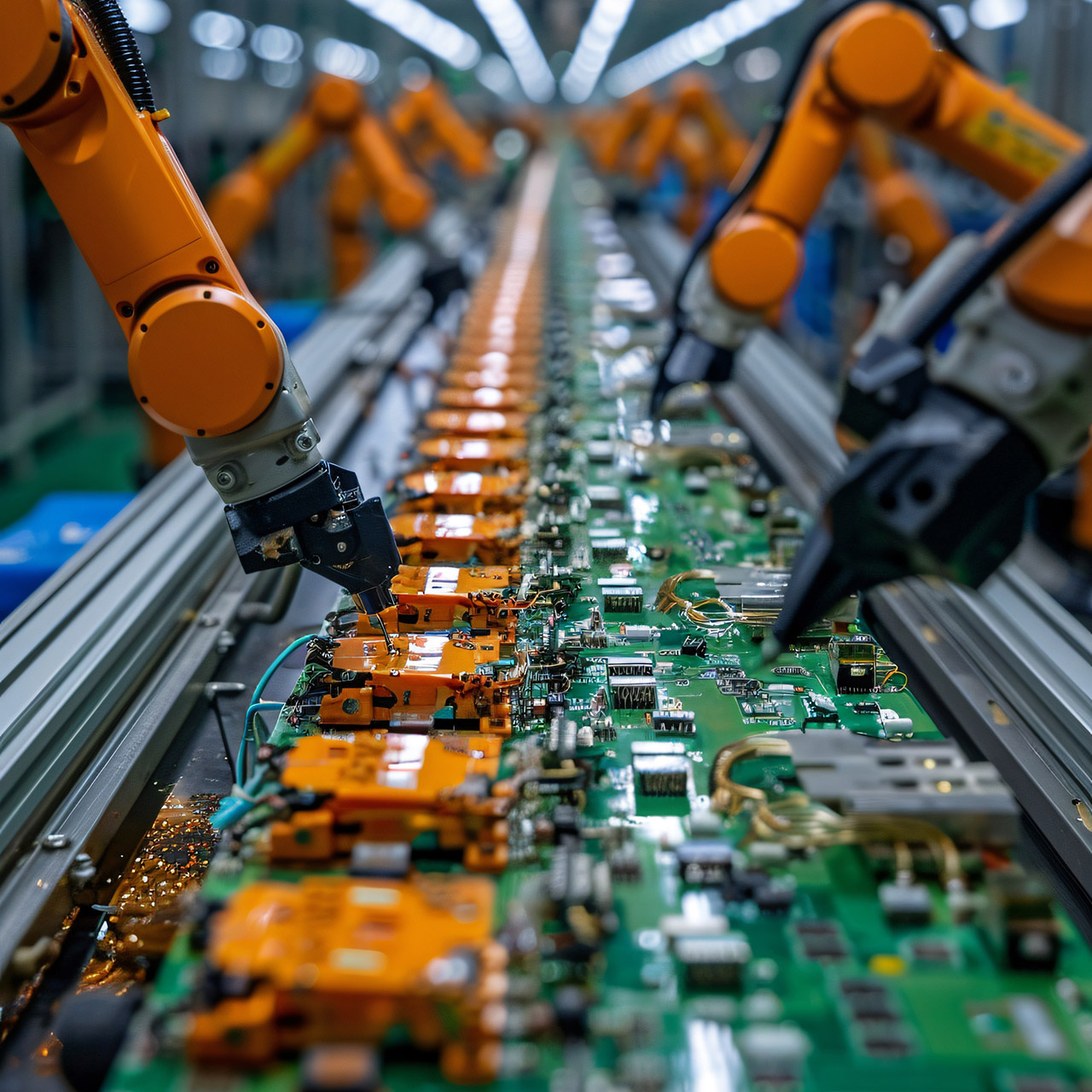For the second year running, I attended the Association of Equipment Manufacturers annual conference. This year it was in sunny and warm Indian Wells, CA. Not a bad location for November. Last year, we had some fantastic presenters and this year I was looking forward to hearing from some equally talented individuals. In an agenda chock full of AI, it made sense that our first speaker dove straight into the topic. Zack Kass, a self-titled “Futurist,” has a resume that leads with his experience as the former head of GTM at Open AI. His talk was called, “Navigating Our Future. AI is key.” He certainly seemed qualified to comment.
In his hour on stage, Zack walked us through his answers to some pretty basic questions: Where are we now? How did we get here? Where are we going? And how can you prepare?
It is not my intent to repeat exactly what Zack shared with the audience. What I want to do is focus on the comment Zack made when he started his presentation. With reference to the cell phones that everyone was holding, he said, “It hurts my feelings when people use their phones when I’m speaking.” This comment was funny and a little sad, but it really did give a strong clue to the message Zack had when sharing his thoughts on how we can prepare for AI. This is what I want to focus on, as for me, it holds particular interest.
Preparing for AI
According to Zack, we can all prepare for a life full of AI by designing around the things that AI cannot do. Most specifically, we need to think about how we optimize our non-AI systems for leveraging our humanistic qualities—the things that AI is not known for doing well, such as adaptability, courage, curiosity, wisdom, and empathy. At risk of jumping to the punchline, I feel that this was probably the most interesting perspective Zack presented.
So how do we get ready as people and as businesses for the era of AI? By making sure that we get really good at the things that AI can’t do. As is typical of most good ideas, it is pretty simple.
AI for Equipment Manufacturing
For the equipment manufacturers in the audience, however, it was interesting to see the conversation veer into the importance of those soft skills, in a room full of people who literally make hard products. For example, could professional services, such as financial audits or technology consulting services like those at Sikich, become commoditized because of AI. If an AI Tool can deliver these services as easily and reliably (or more easily and reliably) as the humans who currently provide them, the competitive conversation turns into “my AI is better than yours,” or cheaper or faster. It’s almost like competing on price, which is distinctly distasteful for those of us who sell our time. The actual work performed then provides a very little point of competitive advantage.
Zack emphasized that the emotion associated with the transaction between client and professional service organization would take on an outsized importance when deciding who to work with (or what product to buy). Does my business partner evidence skills such as adaptability? Are they courageous or curious? What wisdom can they impart and how empathetic are they to my plight? Are they easy to do business with? Do I like them?
Taking this concept back to equipment manufacturing, then one might want to consider the design and manufacture of heavy equipment. What makes one maker different than another? If everyone is using the latest AI tools for the purpose of finding the optimum design and engineering of the equipment, then why choose one manufacturer over the other? There has to be more that sets them apart from each other than just the color options.
How is your equipment manufacturing organization looking to utilize AI? What separates your company from the competitor using AI in the same way? Reach out to our AI experts to learn how you can stand out from the competition with AI.
This publication contains general information only and Sikich is not, by means of this publication, rendering accounting, business, financial, investment, legal, tax, or any other professional advice or services. This publication is not a substitute for such professional advice or services, nor should you use it as a basis for any decision, action or omission that may affect you or your business. Before making any decision, taking any action or omitting an action that may affect you or your business, you should consult a qualified professional advisor. In addition, this publication may contain certain content generated by an artificial intelligence (AI) language model. You acknowledge that Sikich shall not be responsible for any loss sustained by you or any person who relies on this publication.








